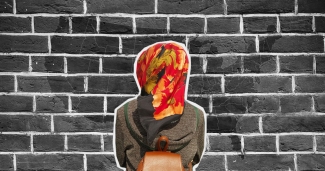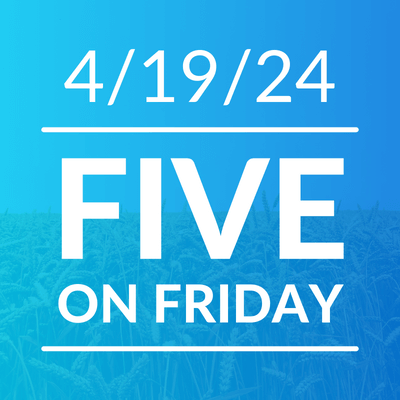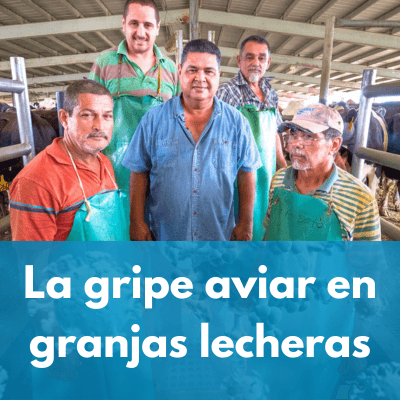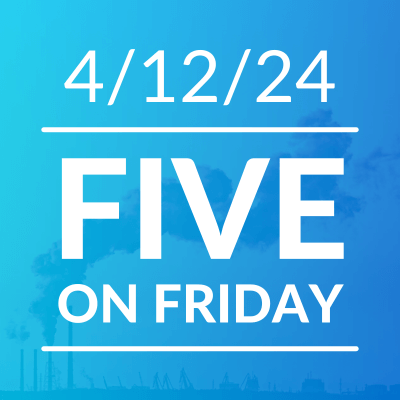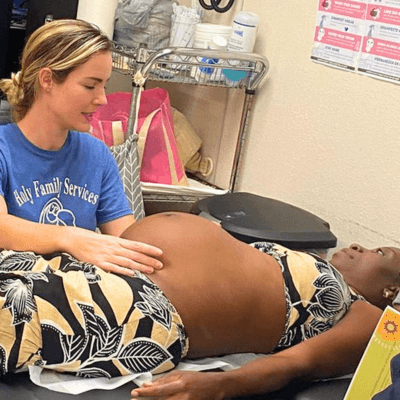Luck of the Draw: A Sudanese Woman's Journey to the United States
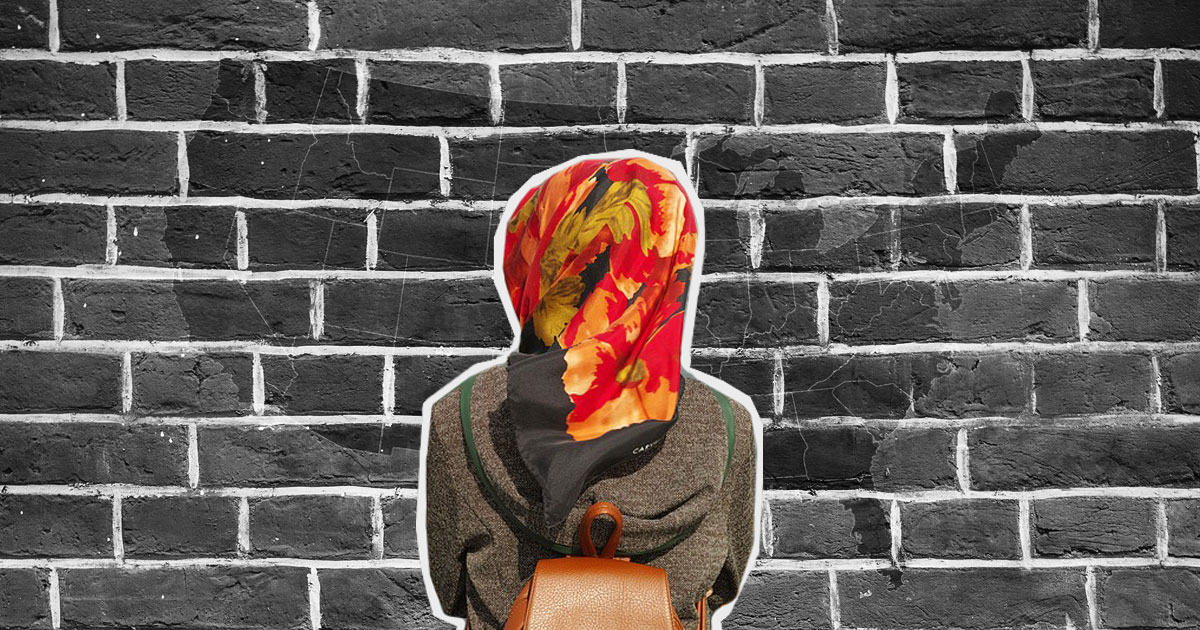
[Editor’s Note: This post is the final in a series on immigrant lives by Jean Schrecengost, our Environmental and Occupational Health Intern at MCN’s Salisbury, Maryland office. Jean joined us over the summer as part of her graduate studies in conflict analysis and dispute resolution at Salisbury University. Read the first installment here and the second installment here.]
Fatima*, a North Sudanese woman in her mid-twenties, welcomes me into her apartment for an interview. She wears jeans and a blouse but no turha, the term she uses for the headscarf she usually dons. This is the first time we meet in a private residence so I have never seen her without the headscarf. To me, her features seem a blend of Arabic and African. Her skin is a light brown and her hair is long, dark, thick, and wavy. Freckles speckle her broad cheeks as she smiles to greet me. I am offered the exceptional hospitality typical for a guest in any Sudanese home: first, candy, then water; over time, fresh squeezed fruit juice, fresh cut pineapple and oranges and finally spiced milk tea and cookies, all served on beautiful silver trays, glasses, and porcelain.
Luck was on Fatima’s side when it comes to the United States of America Immigration system. In July 2011, back in Khartoum, Sudan, Fatima, accompanied by one of her brothers, went in search of a man who they had heard could assist Sudanese students in finding study-abroad opportunities, for a fee. When they arrived at the electronics shop where he worked, they couldn’t find him -- but they learned of an alternative: the Diversity Visa (DV). Also known as the green card lottery, the DV is given to 50,000 permanent resident visas annually with the goal of diversifying the US immigration population, targeting countries that have not had high rates of immigration in recent years. The siblings took a taxi across town to find the office that assists with the DV application submission. She paid 15 Sudanese pounds (equivalent to $3) and applied for the DV lottery visa.
Fatima was skeptical since similar deals have ended, for her family, with a significant monetary loss. But ten months later, a man called her home with news that Fatima had won the DV. Fatima and her mother, who monitored all Fatima’s calls, especially from strange men, listened skeptically as the clerk explained the steps necessary to gain the visa and travel to the United States.
As a young Muslim woman, such solo travel was going to take more than the coveted visa. Such travel wasn’t just frowned upon, it was against the law.
Sudanese females are required to have permission from the head male of the household, which is printed on their passport, in order to travel. As her mother and father had been divorced for 20 years, Fatima visited her father to gain his necessary support to leave Sudan, travel alone, and travel to the United States, but he was not sympathetic or supportive.
With determination difficult for me to grasp, she left without his consent, airplane ticket in hand and oldest brother in tow. Her mother rendezvoused with them at Khartoum International Airport. There, Fatima’s mother and four brothers worked to convince the Sudanese border officer that her father was too busy for the farewell and that the oldest brother was charged as head of the household. It worked! Fatima was granted exit from Sudan.
Fatima arrived alone in Dulles, Virginia. Her family had a few connections in Virginia that provided her with food and lodging so she could get on her feet. She worked at Wendy’s for two months, but left that job because they wanted her to bus tables and clean bathrooms but the job description was to work the front cash register and take orders. For her next job, at the local airport, she pushed passengers in wheelchairs who needed assistance to get from terminal to terminal. Her longest job was at an Arabic Grocer, stocking shelves and ringing up customers. She tried Kohl’s, too, but quit when she heard about substitute teaching programs at University of Maryland Eastern Shore and her friend offered her a place to live in Somerset County. She became employed by the Wicomico County Board of Education as a substitute teacher.
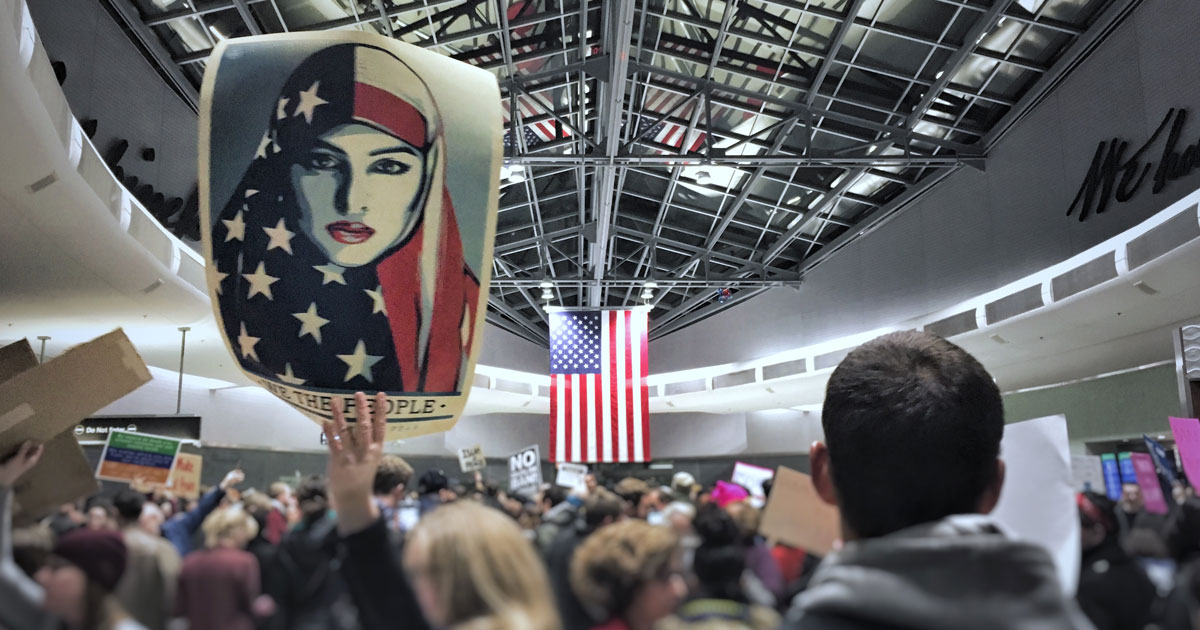
Protest at Philadelphia International Airport the day after President Trump announced a ban on Muslim immigrants into the U.S. Photo by Tim Viola on Unsplash
A few years ago, Fatima returned to North Sudan because her parents, specifically her father, wanted her to marry a specific man. The family had arranged a marriage for Fatima. She obliged their request , married a man with a PhD with the stipulation that he would allow her to return to the United States after the wedding. Before she left to return she discovered that he had many female companions and that his intentions were to solely gain residency in the US. So she returned to the US, and told him she was not going to be used by him. Fatima says her father is so furious, ashamed, and detached that he wishes her dead. She is currently working on getting a divorce.
But Fatima continues to have good fortune. Fatima’s second stroke of luck: her mom arrived for a visit in June, 2017, despite the travel ban implemented by the Trump Administration. She entered while the ban was held up in federal appeals court. Otherwise, the two may have had to wait years before meeting again. Her mom is so concerned for her daughter’s safety that she was opposed to exposing this story for fear of deportation or retaliation -- even though she is a legal resident.
Fatima has never felt threatened or endangered in the US. She clarifies that most American men are not preying on solo girls or women whereas in Sudan there is a constant fear instilled in women that they may be abducted by men for ransom or abuse. On the flipside, the Sudanese community on the Eastern Shore has a constant sense of fear and skepticism, Fatima says. Generally, both men and women live isolated. They fear harassment, aggression or violence, and bullying. Fatima cites a story about a Virginia teen who was beaten to death, in June 2017, after praying the 3am prayer, a common Ramadan spiritual practice. Fatima says this tragedy has been interpreted by the greater Muslim community as a message that they may be next, encouraging them to insulate themselves from the greater American community and culture. But Fatima still feels safe and content in the US, despite her community’s concern and the national political atmosphere.
Over the past year, Fatima and I have grown to be friendly acquaintances visiting each other over lunch and planning breaks, while substitute teaching. Currently, Fatima has a new job working with the disabled and pursuing a Master’s degree. From my perspective, she is a strong independent Sudanese woman who values the teachings of the Koran and struggles to integrate into American culture. She has endured switching from an English private school to an Arabic public school, divorced parents, immigrating to a foreign land, working jobs below her skills, navigating intercultural conflict, marrying a man that she does not know, and fearing that her father may try to kill her one day. She tells me, “you are my first American friend.” Fatima feels like I know what to do and say, which is usually to greet her with “assalamualaikum,” respecting her beliefs, and finding common ground. Sometimes, it can be confusing for us to understand each other. We must try to walk in each other’s shoes as we explore the other’s cultures and norms to become friends.
*Her name has been changed to protect her identity.
Like what you see? Amplify our collective voice with a contribution.
Got some good news to share? Send it to us via email, on Facebook, or on Twitter.
Return to the main blog page or sign up for blog updates here.
- Log in to post comments
